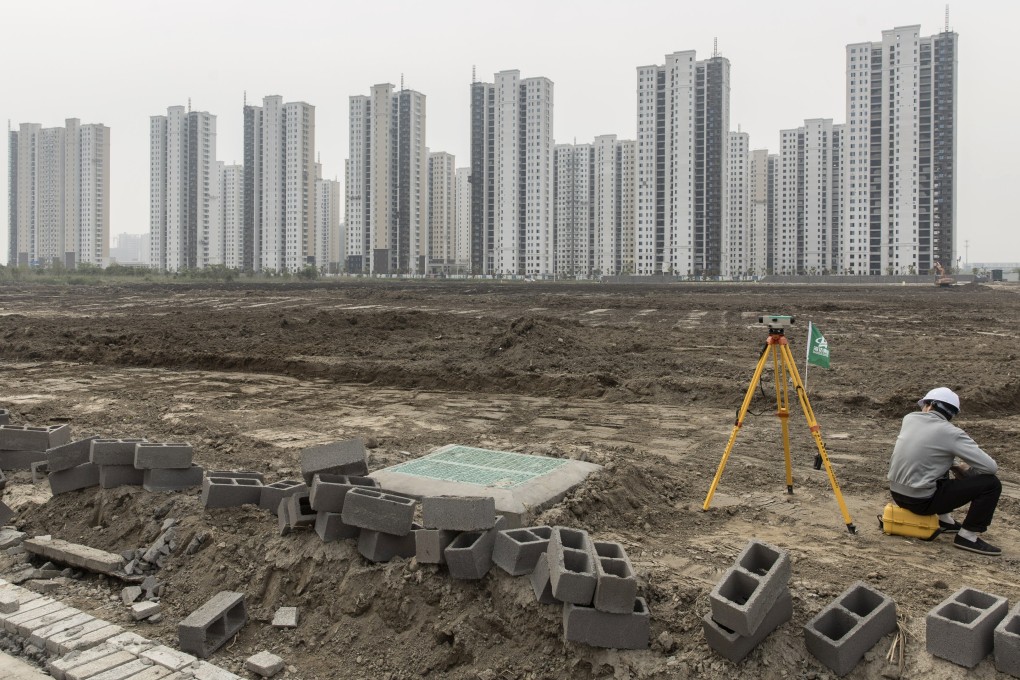Has Xi Jinping’s anti-corruption campaign been effective? China’s land transactions provide one answer
- While a study found that firms linked to members of the Politburo enjoyed a sizeable advantage in the land market, it also noted a drop in the level of price discounts on land transactions to such firms after the anti-corruption campaign kicked off

From the outset, China’s primary land market was singled out as a major target for a clean-up. While the anti-corruption campaign’s overall numbers might look promising, are we seeing the impact of the initiative on the land market? Faced with increasing internal and external uncertainties, the land market could benefit from the establishment of a fairer and more transparent business environment in which cronyism is curtailed. This would have important ramifications on the country’s long-term economy.
To quantify the corruption endemic to China’s primary land market, one of my studies investigated mechanisms of cronyism and its role in land transactions. Using data on over a million land transactions between 2004 and 2016, in which local governments operated as the sole seller, the study found that “princeling” firms – firms linked to members of the Politburo, China’s supreme political elite – enjoyed a sizeable advantage in China’s land market.
Overall, such firms received discounts from 55-60 per cent, thereby paying less than half the price their unconnected counterparts did for land of comparable quality. In addition, the more powerful the princeling connection, the larger the discount – firms connected to a member of the Politburo Standing Committee obtained an additional discount of 17-20 per cent over discounts obtained by those connected to a Politburo member. Princeling firms also bought more land in their transactions – potentially due to the lower price they secured.
But there has been a significant positive change thanks to Xi’s anti-corruption campaign – our study showed that land transactions post-2012 have seen the magnitude of price discounts shrink by between 11 and 15 per cent. For instance, a princeling firm previously obtaining a discount of 60.1 per cent saw it significantly reduced, by 11.7 per cent after Xi’s campaign was introduced. This puts it much more in line with previous discounts circa 2007.
